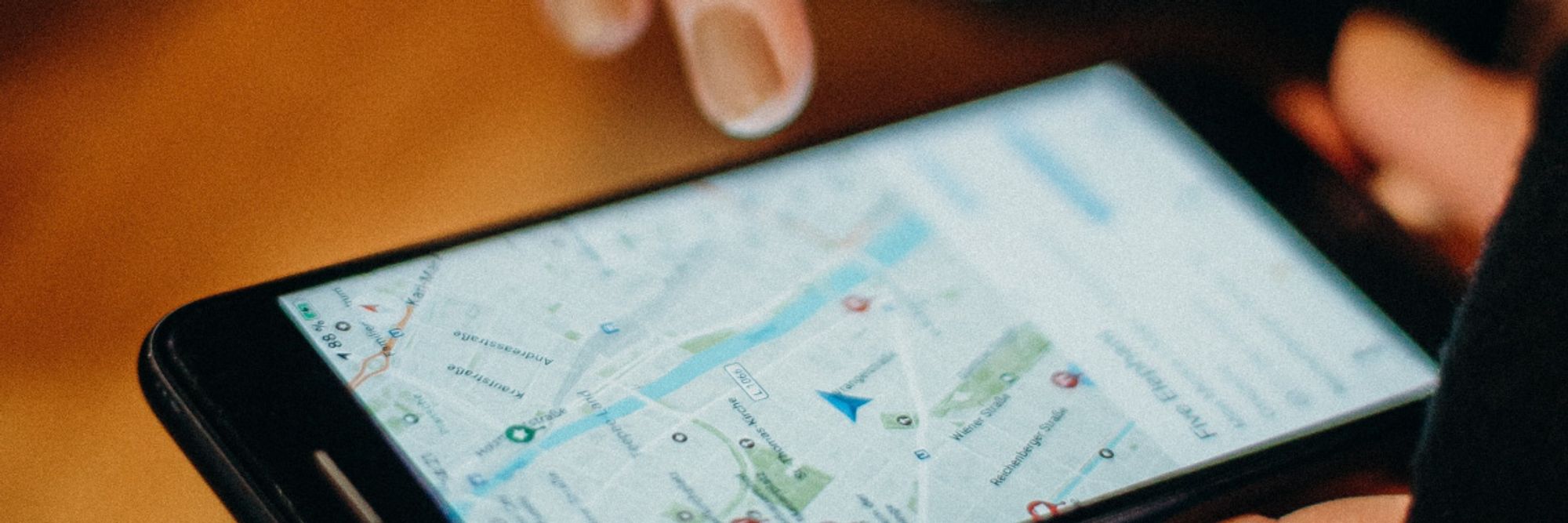Fraudsters on Facebook
Everyone is on Facebook, they say. The risk of falling victim to a scam on the world’s biggest platform is significant. These are some things to keep in mind to protect yourself.
Publicerad: 2023-01-23
Senast ändrad: 2023-01-24
Facebook is the channel on which users fall victim to the most scams, which is no real surprise. More than two billion people around the world have registered accounts, making the platform a lucrative channel for fraudsters.

Hijacked accounts
Fraudsters often use email for their fraudulent purposes. What happens is that they send emails to Facebook users, faking the email to make it look as though Facebook is the sender. These fake emails are produced with incredible skill, making it very difficult to see them for what they are – fake emails!
These emails tell you to log into Facebook via a link, maybe because you as the account holder need to address a “security breach”, verify your account, etc. When you then click on the link and log in using your login details, you give your information to fraudsters, who gain access to your account, your photos, personal information andfriends list.
Once the fraudsters have access to your account and your personal information, they can subject you to extortion, hijack your ID, contact your friends in your name, asking for financial transactions and/or for personal information about you.
Fraudsters who have hijacked your account can also advise your friends to make investments in Bitcoin or some other crypto currency. They use your good name to claim that this “investment” is an amazing opportunity. But what it involves is actually an investment scam.
You can also receive free special offers or the chance to take part in various competitions. To access these “opportunities” you need to log in using your Facebook account via a fake website, after which your personal information is hijacked by fraudsters.

Viral videos
Social media largely consists of videos with various formats and content, that users either share or produce themselves. When a video becomes popular, it is said to have gone viral. It reaches a lot of people. These are usually funny videos, or videos with new knowledge about a subject. These subjects oftenreflect current events in the world at large. For fraudsters, viral videos represent perfect bait. The scam can occur via a user clicking on the video and being shown a message telling them that the computer’s video player needs to be updated in order to view the video. But when they download the new update, it is actually an infected file with a virus that is installed on their computer.

Location settings
Facebook (like many other social media platforms) uses GPS technology to track where you are, for example when you “check in” somewhere and share this in your flow. Geo-stalking is a term that describes how criminals can monitor another person’s movement patterns and track/stalk them wherever they are. To avoid being a victim of Geo-stalking, you should disable location services on Facebook (and other apps) in Settings and update your privacy settings.

Messages via a video link
Another common scam on Facebook takes place through the Messenger app. You receive a private message from a “friend”, with a link and a vague question: “Is this you LOL?” Fraudsters want to arouse your curiosity, so that you click on the link. This link is usually a virus or software that hijacks your browser.

Romance scams
Unexpected contact enquiries via Facebook that initially result in a “romance” can end in psychological suffering and financial loss. There are countless examples of romance scams on Facebook. It can start with you being contacted by a person who claims to be a doctor, a member of the armed forces, a fire-fighter, or some other occupational category that engenders trust. The fraudster is incredibly charming and makes you feel chosen, expressing their love for you. Sooner or later, the fraudster will ask for money in some form. It might be money to buy a ticket for the journey to your first meeting, or it might be something unexpected that has happened and caused the fraudster to need money. There are always promises that the money will be repaid when you meet, or by bank transfer the next day. Once the fraudster has received the money in their account, they disappear and can no longer be contacted.
Things to keep in mind:
- Check whether there are any suspicious logins in your login history.
- Use strong, unique passwords.
- Never disclose personal information to anyone else.
- Do not click on links or attachments from senders you are unsure of.
- Do not accept friend requests from unknown persons without having first conducted thorough research into the person in question.
Look out for the following:
- Fraudsters who claim to be from Facebook.
- When people you do not know well ask you for money.
- People who ask for advance payment so that you can claim a prize, a loan, or something else of benefit to you.
- People who claim to be a friend or relative who have had an accident.
- Messages or posts that contain poor spelling and/or grammar.